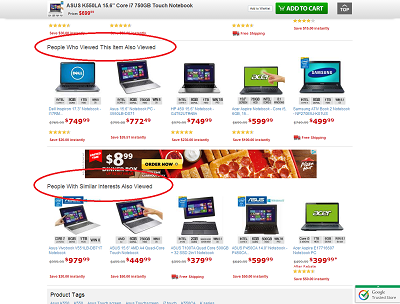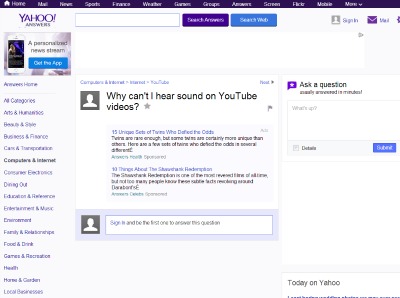5 of Google's Quality Rating Guidelines

As far as the Internet goes Google is King.
There are more than 11 billion searches made on Google per month. Many websites would shrink into obscurity without the search engine juggernaut. However, because websites rely so heavily on Google they have no choice but to follow their guidelines.
The latest edition of Google's Quality Rating Guidelines has been leaked and there are several important updates that Web workers and developers need to keep in mind.
E-A-T, E-A-T AND E-A-T SOME MORE
Together expertise, authoritativeness and trustworthiness (E-A-T) make up one of the most important factors in Google's quality rating guidelines. If websites are lacking in any one of these specific areas, Google has told its quality raters (third-party contractors) to give the site a low-quality rating.
One genre of websites that Google specifically alerts its quality rater's to be aware of are those based around open forums. While it is widely known that the search engine encourages sites to have ways for consumers to interact, like blogs containing comment sections, they want the primary content of the page to come from someone who is deemed an expert.
However, like many other rules there are exceptions to this one as well. Rater's are supposed to take everyday expertise into account when making their rulings. An example of this is the "Your Money or Your Life" category which includes support groups for medical illnesses.
Considering that most, if not all, of the people who support and respond in these forums deal with the same illness every day, Google recognizes these people as experts on how to live with (but not medicate) whatever illness or disease they have.
HAVE HIGH-QUALITY SUPPLEMENTARY CONTENT
While original and high-quality primary content is still vital to websites who value a high standing with Google, now Web workers and developers must develop useful secondary content or risk low-quality ratings.
Google has doubled down on its demand for supplementary content by requiring websites to go beyond simple navigation links and footers to features which highlight related content on the website. Whether it be a payment calculator on an auto loan website or a similar products section on an ecommerce website, Google wants to see actionable secondary content on its indexed websites.
However, in the eyes of Google bad supplementary content is just as bad as no supplementary content. If websites have ads that look like secondary content Google has told its raters to administer low-quality ratings.

LIMIT YOUR AD-SPACE
Typically, more ads on a website means more money for the website's owner. However, to Google more ads means a low-quality rating.
In the past, Google would only penalize websites which had ads that it deemed misleading or superfluous. With their revised guidelines, Google specifically calls out three versions of ad-intense websites.
The first, are websites which are so ad-heavy on top that users have to scroll down to see any original content. The second, are websites which contain deceptive ads that are designed to look like secondary content or navigation links. The last type of ad heavy websites Google calls out is websites that are designed to manipulate the user to click ads and download links.
ANSWER THE QUESTION!
Question and answer pages are often extremely helpful...at least when they contain an answer. In the new guideline, Google has directed raters to give a Low quality rating to question and answer websites which either do not contain an answer or conceal the answer behind a paywall.

(No Answer!)
A BAD REPUTATION IS BAD FOR YOUR RATING
Thanks to the new quality rating guidelines, webmasters will have to keep one eye on their websites reputation at all times. While small and local business will be given a reprieve (smaller Web presence equals less reputation information), Google expects their raters to be able to find reputation information on any large organization.
Perhaps most importantly, Google has stated that a website cannot have a High quality rating if the site itself has a negative reputation.
WHY PAY ATTENTION?
Google is the most powerful company on the Internet and maintaining good standing with them is necessary for many websites to survive. While the Quality Rating Guidlines are bound to change again, it is important that businesses take advantage of the guidelines leak while it is still relevant and optimize their websites according to Google's demands.

Subscribe to Our Newsletter!
Latest in Marketing







